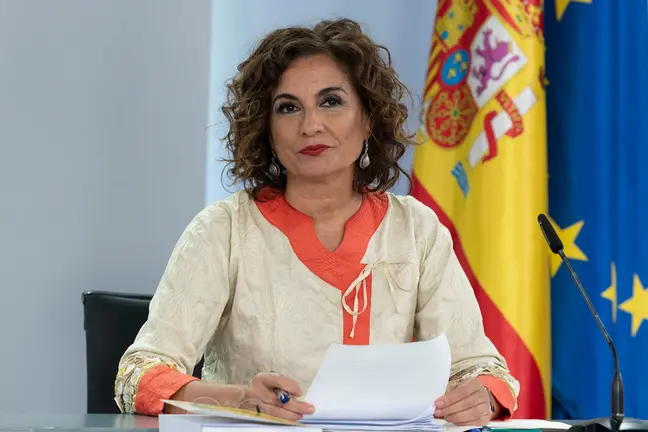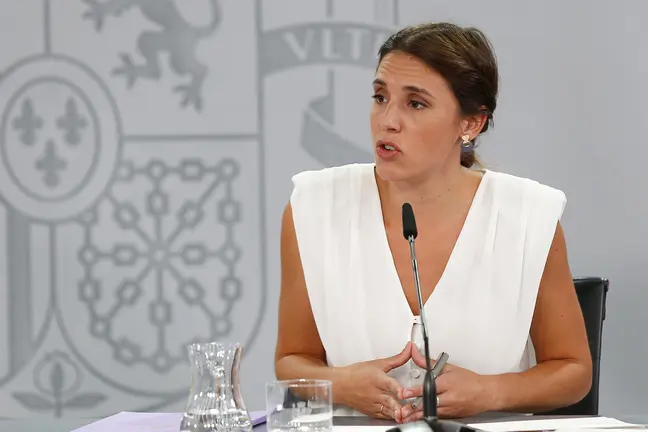The Halal market represents today an excellent opportunity for Finnish companies in the agri-food sector, as well as for other sectors to which the Halal concept also extends, such as cosmetic products, Islamic finance, fashion or tourism services.
There are almost 1,700 million Muslims in the world and demographic projections predict that by 2030 there will be more than 2,200 million. All of them are potential consumers of Halal products and drivers of a growing demand for goods and services produced according to the Islamic law.
Finland, for being an exporter of high quality food and cosmetic products (the Ministry of Agriculture announced today the achievement for the first time of a license to export infant formula to China) and for being also a growing tourist destination, could take advantage of that pull for its own benefit.
The process of certification
Any company can sell goods or services in the halal market, if it is duly certified by an accredited Halal certification entity.
The process that companies must follow to achieve certification pivots on an increasingly stringent and demanding regulation. These rules emanate fundamentally from the norms and production standards established –often with the status of law- by the Halal accreditation entities of the Muslim majority countries.
Those entities usually depend on public bodies, being attached in most cases to ministries such as Health or Religious Affairs. Of those that are operating, the most important are: EIAC (United Arab Emirates), JAKIM (Malaysia), MUI (Indonesia) and MUIS (Singapore). Other countries such as Egypt, Algeria, Pakistan or Saudi Arabia have recently successfully created their respective Halal accreditation entities. Therefore, the market is increasingly regulated.

How accreditation entities work
The work of the Halal accreditation entities has two aspects: on the one hand, they regulate through specific rules the operation of the Halal market within their own borders. On the other hand, they are in charge of accrediting foreign Halal certification entities. When those entities are properly accredited they can issue in their countries of origin the certificates needed by companies to export goods or to provide Halal services in the Muslim majority states in which these Halal accreditation entities are located.
For example, if a Finnish producer wanted to sell beef in Malaysia, will need its products to arrive in the country certified by an entity that has the accreditation granted by JAKIM. This certification guarantees that the articles have been produced and labelled in accordance with the Halal regulations in force in the Malaysian territory.
How to achieve the certification
To obtain this certification, interested companies must contact an accredited Halal certification entity, which submits the company to two audits to ensure that it complies with the Halal standards developed by Halal accreditation entities.
The first of these audits is documentary, it consists of a review on the role of the questions related to the productive process.
The second is a visit by the auditors of the halal certification entity accredited to the company's facilities. Whether it is a slaughterhouse, a factory for dairy products, sweets or skin creams, the auditors check, among other things, that the ritual sacrifice is carried out correctly (in the case of slaughterhouses) and that in the production process they use certain inputs or raw materials and there are no mixed production lines, to avoid cross-contamination.
If the company complies, that is, if the production process of the company respects the Halal standards of the Halal accreditation entities, then the accredited Halal certification body issues the certificate and the company can start producing, labelling and exporting to these countries of Muslim majority that have Halal accreditation entity. Otherwise, they will not be able to do so and will lose the opportunity to benefit from this growing market.
The process is very rigorous in its conditions, which are not always the same for each country. For example, the Indonesian accreditation entity (MUI) requires the presence in the slaughterhouses of an external supervisor to verify that the ritual sacrifice has been done correctly. Malaysia, for its part, prohibits the presence of pig farms in five kilometres around the slaughterhouses to prevent possible cross-contamination. Saudi Arabia and Iran send their own inspectors to review the production centres once the companies have obtained the halal certification.
Finland lacks an accredited certification entity
The problem in Finland for companies aspiring to enter the Halal market is the lack of an accredited certification entity.
The director of the Halal Institute of the Islamic Board of Spain, Tomás Guerrero, who has been appointed for several years in a row among the 500 most influential leaders of the Islamic economy by the World Islamic Banking Conference, explained that in Finland operates as a certification entity. "However, it does not have the accreditation of the Muslim majority countries, then I very much doubt that Finnish companies can use it to export products to countries with a Muslim majority". "In Sweden there is another to which the same occurs", he explains.
 This obstacle forces companies to limit their scope and to sell in retail for instance to local business such as restaurants, small shops or supermarkets but renounce to export to the strict Islamic Halal market.
This obstacle forces companies to limit their scope and to sell in retail for instance to local business such as restaurants, small shops or supermarkets but renounce to export to the strict Islamic Halal market.
For instance in France, there are more than 30 entities. But none of them brings together all existing Halal accreditations. This forces companies that want to export into the Muslim market to obtain several certifications, with the additional cost that this entails, in order to export to each and every one of the Islamic countries.
In Spain, several halal certification entities operate, such as Halal Food & Quality and The Halal Institute. At the moment, only the latter, which is based in the southern city of Córdoba, has all the existing Halal accreditations, which makes it the only Spanish Halal certification entity capable of issuing a valid certification to export to the entire Islamic world, with savings of time and money for the companies.
The opportunities offered by the Halal market are endless, judging by the forecasts: according to Thomson Reuters, spending on Halal products and services is expected to grow up to 3 billion dollars in 2021. These data give an idea of the great business opportunity -and, consequently, of job creation- that for Finland would mean to enter the Halal market. It is up to the companies to decide if it suits them to embark on this adventure.












